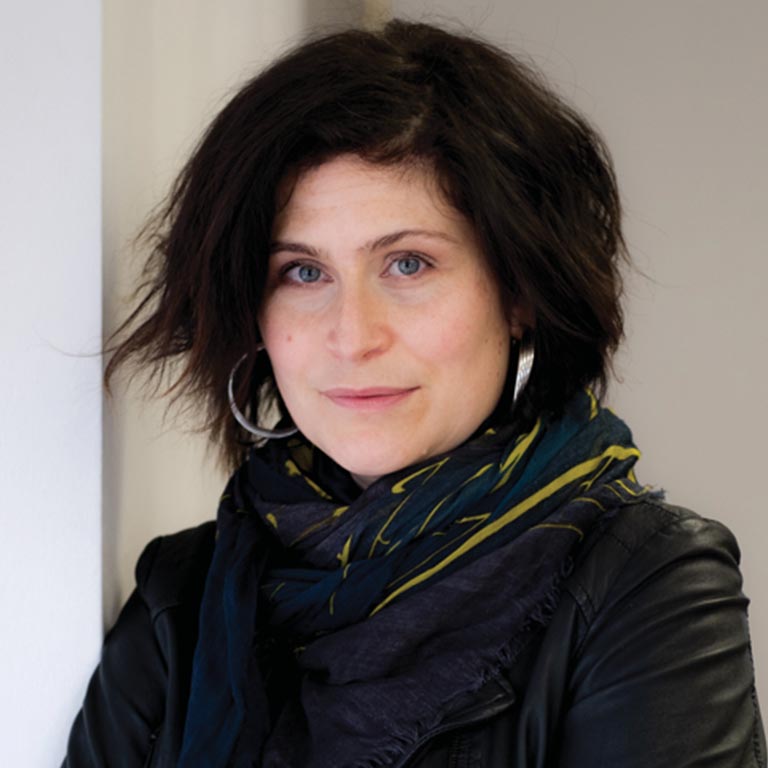Technologies of the Passions
From affective computing, machines that read human emotions, to robots designed to have emotional drives, technology today resonates more than ever with early modern mechanical explanations of the physiology of emotions. In early modern France, mechanical philosophers like Descartes saw the art of machine design as a science that ran parallel to work in human anatomy and physiology, famously explaining human physiology, including the movement of the passions, by breaking the body down into its component parts. Technologies of the Passions explores the unexpected conversation between this early modern mechanical philosophy and the stage designs of architect-engineers for French court productions in theatre, opera, and ballet. The highly experimental work of these scientist-artists, many with mathematical knowledge commensurate with that of more published thinkers in philosophy and medicine, provides a novel and revelatory perspective on the history of the passions and material culture in early modern Europe.
Alison Calhoun is Associate Professor in the Department of French and Italian at IU Bloomington. A specialist in early modern France, she publishes in the areas of Opera and Dance History, Affect Studies, and the History of Emotions. She is author of Montaigne and the Lives of the Philosophers: Life Writing and Transversality in the Essais, which explores the relationship between life writing and philosophy in Michel de Montaigne’s Essais.

 The College of Arts
The College of Arts